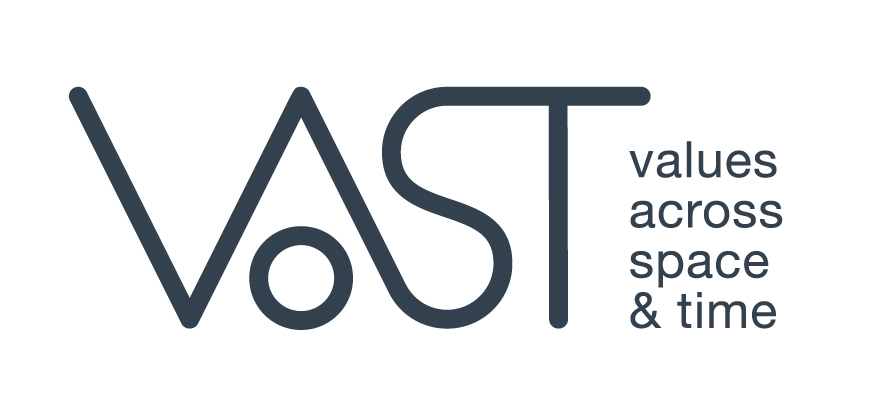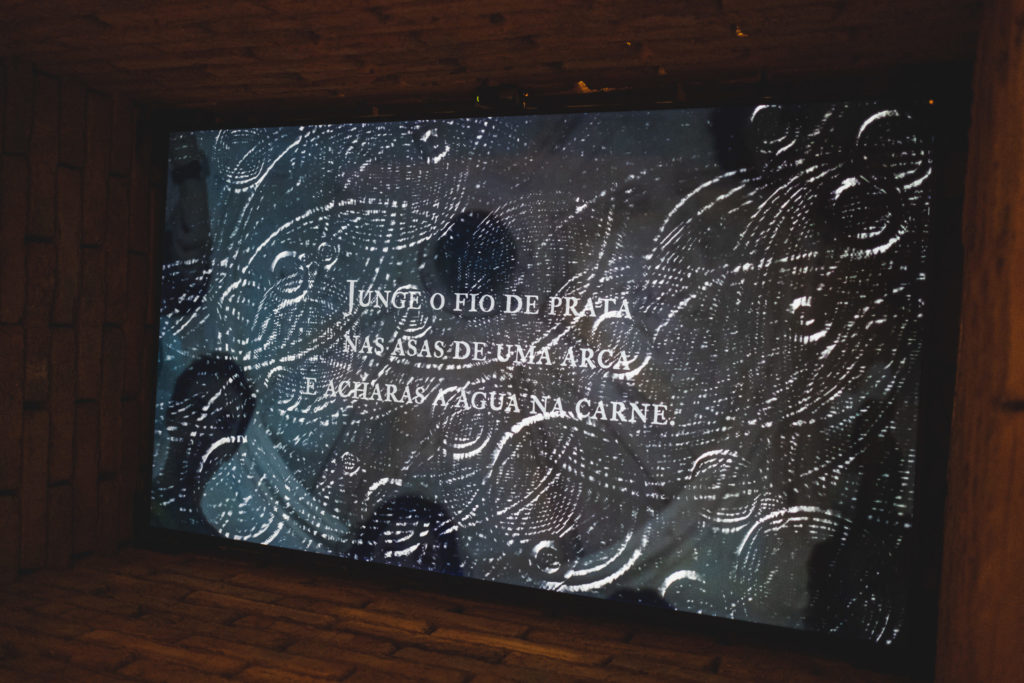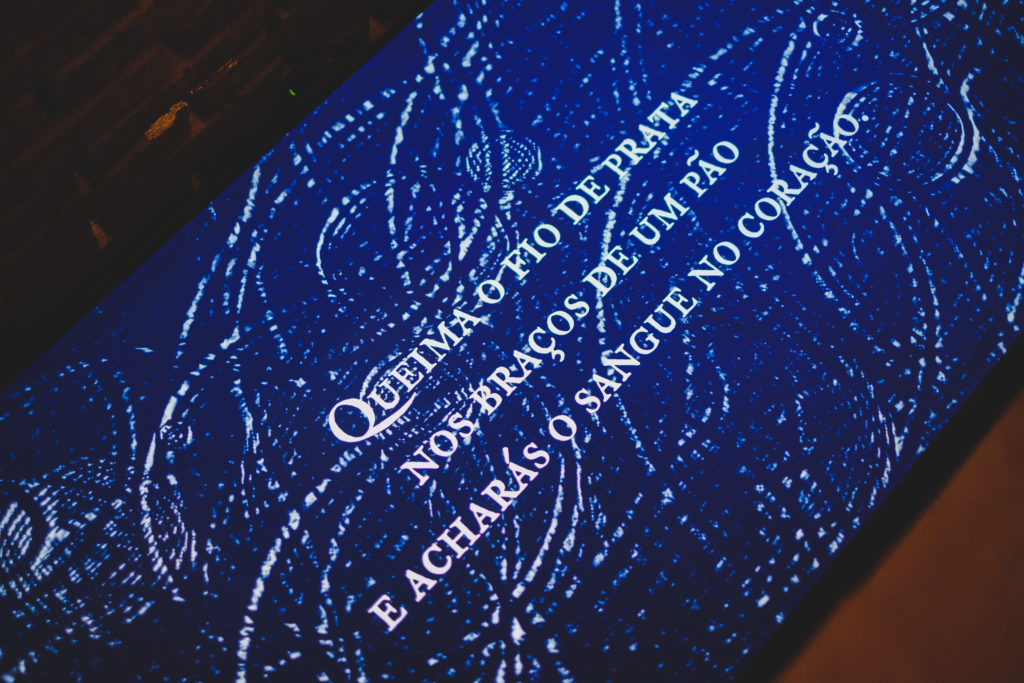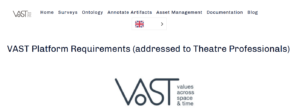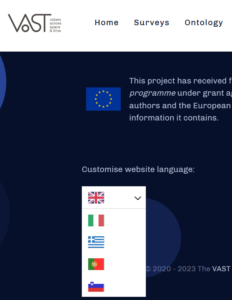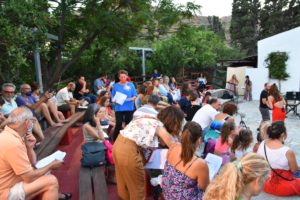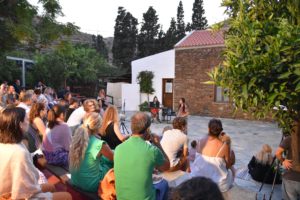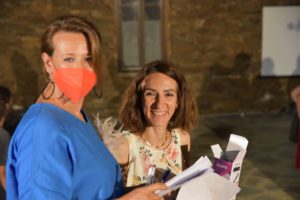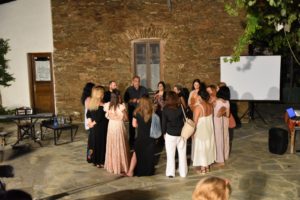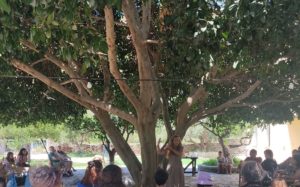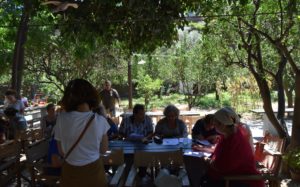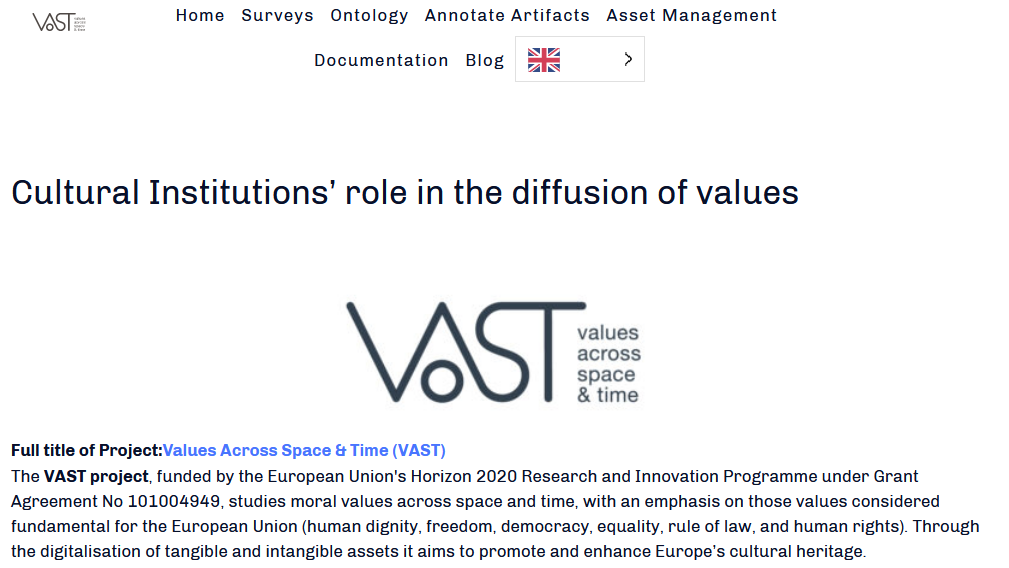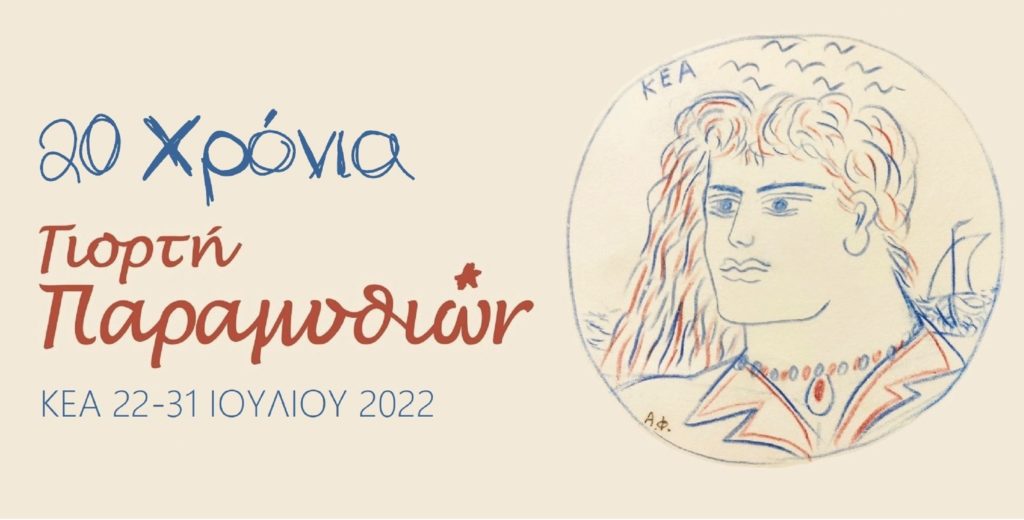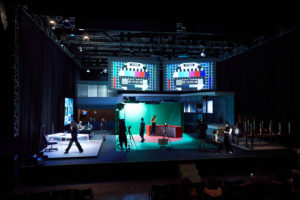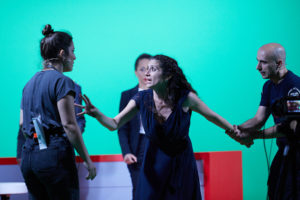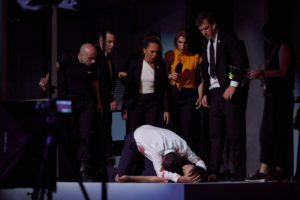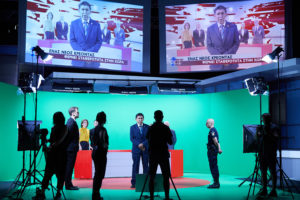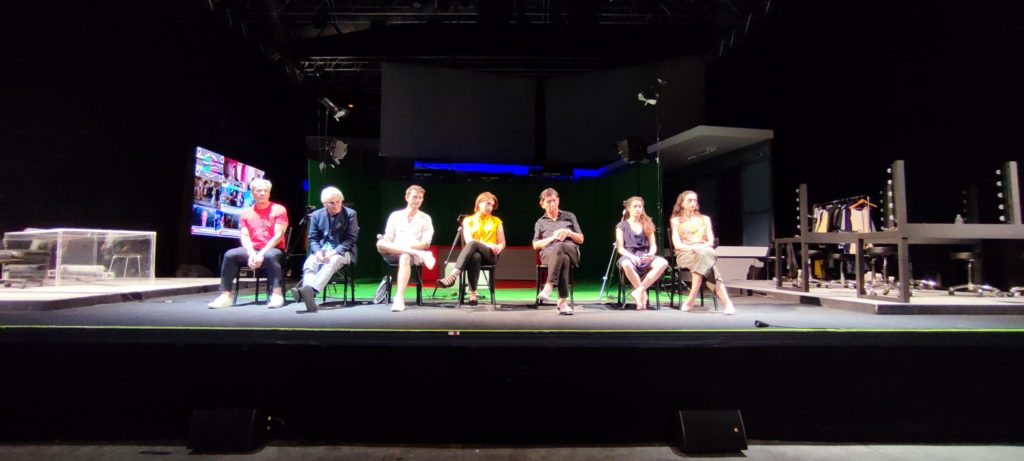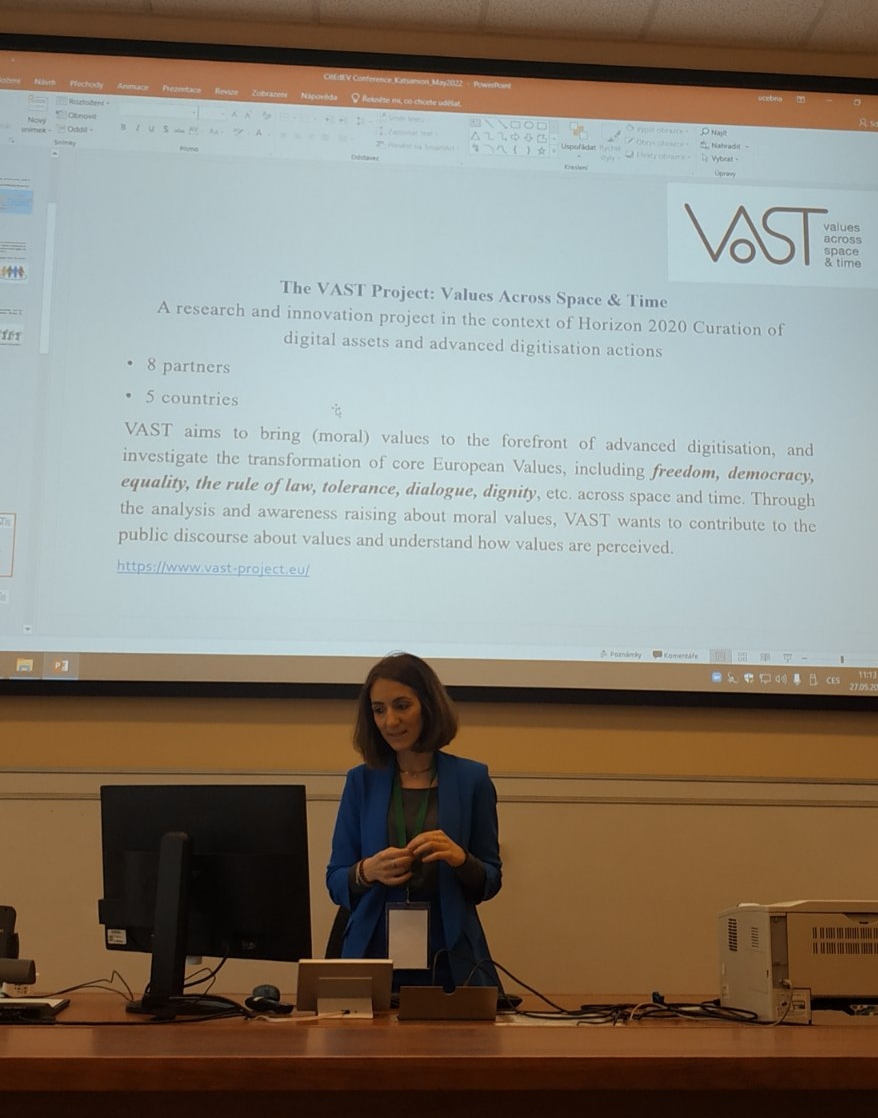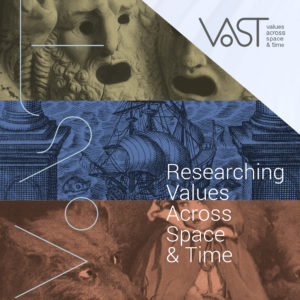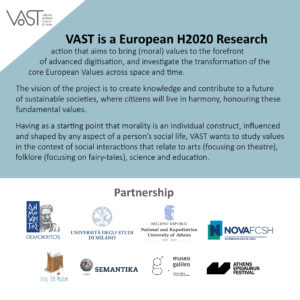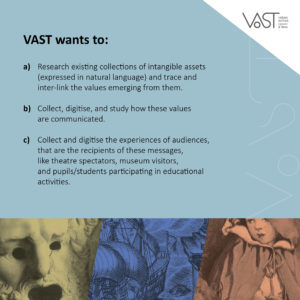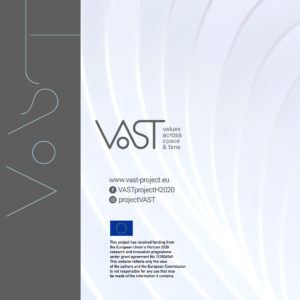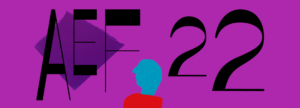The legend of the Enchanted Moira, which is part of the Portuguese intangible cultural heritage, was revisited on the mixed media Digital Literature Installation “MOIRA” by wr3ad1ng d1g1t5 Collective, and was displayed between 23 July and 15 August 2022 at Saint Rocco’s Church, in Tavira (south Portugal).
Dr. Diogo Marques, researcher at partner NOVA University, was one of the artists and curators of the installation. The artwork’s textual component was based on the recorded re-telling of these folktales by female Portuguese embroiderers.
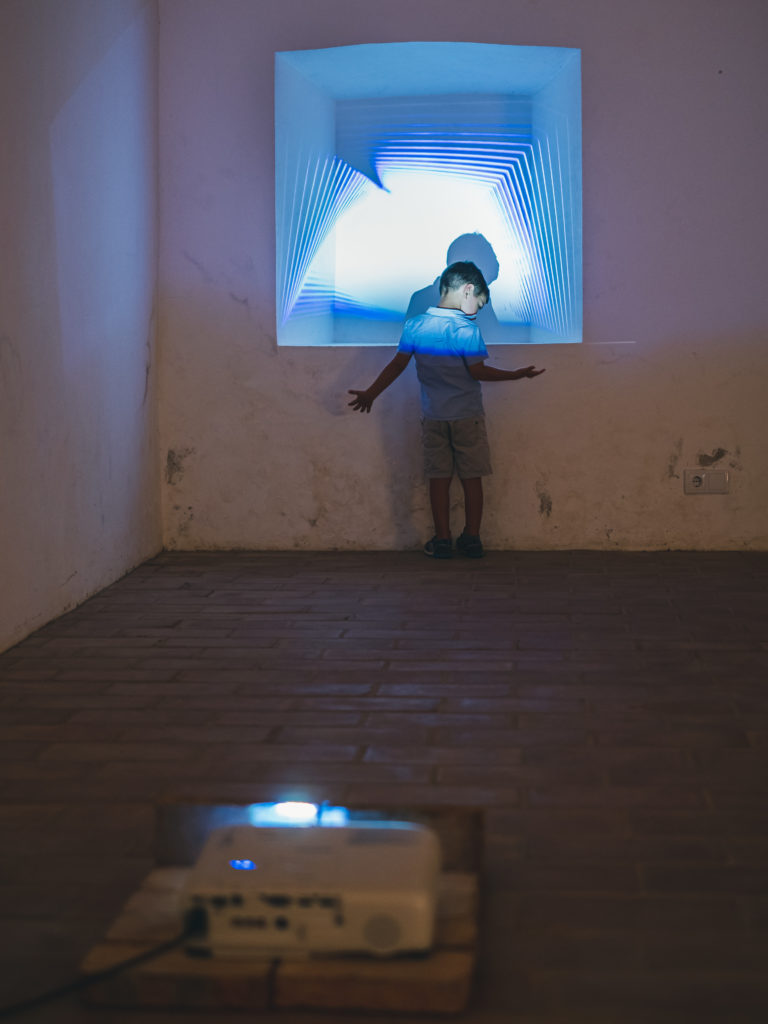
Presenting recent research resulting from the fieldwork recently carried out in the region of Tavira, the installation opens a dialogue with the emerging poetic work while, on the other hand, invites the audience to superimpose its own voice of the records’ (re)interpretation. As such, this work is expected to have substantial implications for the development of future research at the intersection of folk tales, new media arts, and digital heritage.
A few words about the wr3ad1ng d1g1t5 collective:
In the wake of an experimentalist tradition, initiated with the Portuguese Experimental Poetry (PO-EX) movement at the beginning of the second half of the 20th century, wr3ad1ng d1g1t5 has been exploring the inherent dialectical tension between tradition and innovation, namely in the reinterpretation and recreation of artistic-literary heritage. It is in this context that the collective has sought to combine computational creativity and an approach that promotes the revitalization of intangible heritage, namely through the disruptive use of digital technologies as a means of literary creation and artistic production.
The artwork is available online at the link: https://wreading-digits.com/moira
For more info, please visit: https://wreading-digits.com/site/uk/projects/moira-tavira/
Credits for photographs: Vito Ughetto and Museu Zer0.
